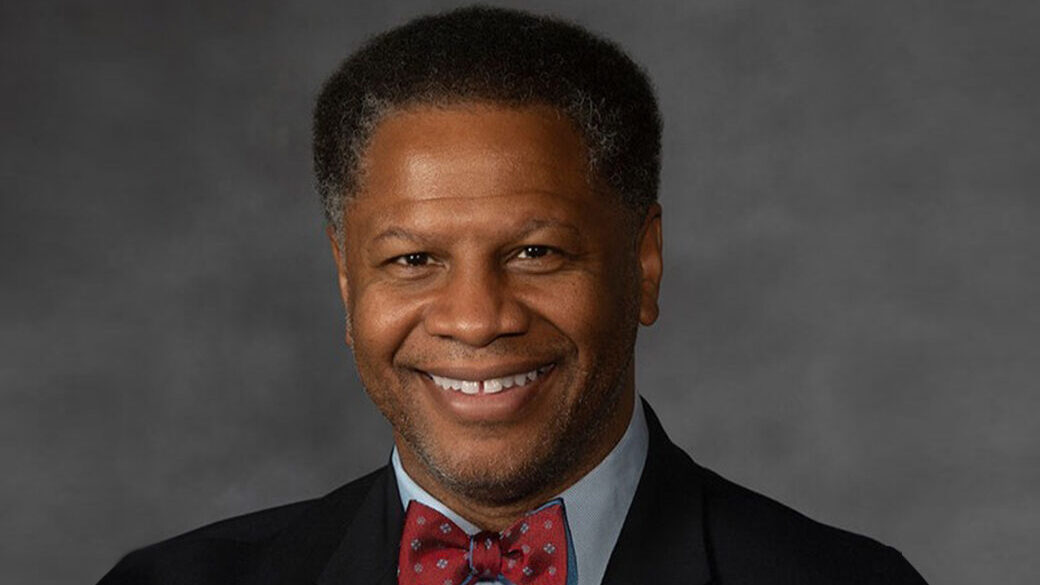Rob Winn, Director of VCU Massey Comprehensive Cancer Center, shared a post on LinkedIn:
“At VCU Massey Comprehensive Cancer Center, we are always looking for ways to better understand cancer and improve outcomes for our patients.
I’m excited to share our team’s latest work with Vesalius, a new computational tool that helps us see how cancer cells interact with the cells around them. By looking at tissue as a whole rather than in isolation, Vesalius is giving us insights that could lead to earlier detection, more precise treatments, and better outcomes, especially for cancers that are traditionally hard to treat.
This tool has already shown promise in breast, colon, and ovarian cancers, and as we continue to refine it, the potential applications are vast.
Artificial intelligence like Vesalius allows us to uncover patterns in cancer that were previously invisible, helping us tailor care to each patient’s unique disease.
I’m proud of the brilliant researchers at Massey, including Dr. Rajan Gogna and our collaborators, for their work advancing cancer care through innovation. Tools like Vesalius are helping us close the gap and reduce the cancer burden for all Virginians, and, ultimately, patients everywhere.”
Title: Multi-scale and multi-context interpretable mapping of cell states across heterogeneous spatial samples
Authors: Patrick C. N. Martin, Wenqi Wang, Hyobin Kim, Henrietta Holze, Paul B. Fisher, Arturo P. Saavedra, Robert A. Winn, Esha Madan, Rajan Gogna, Kyoung Jae Won
Read Full Article in Nature Communications.

More featuring Rob Winn.


